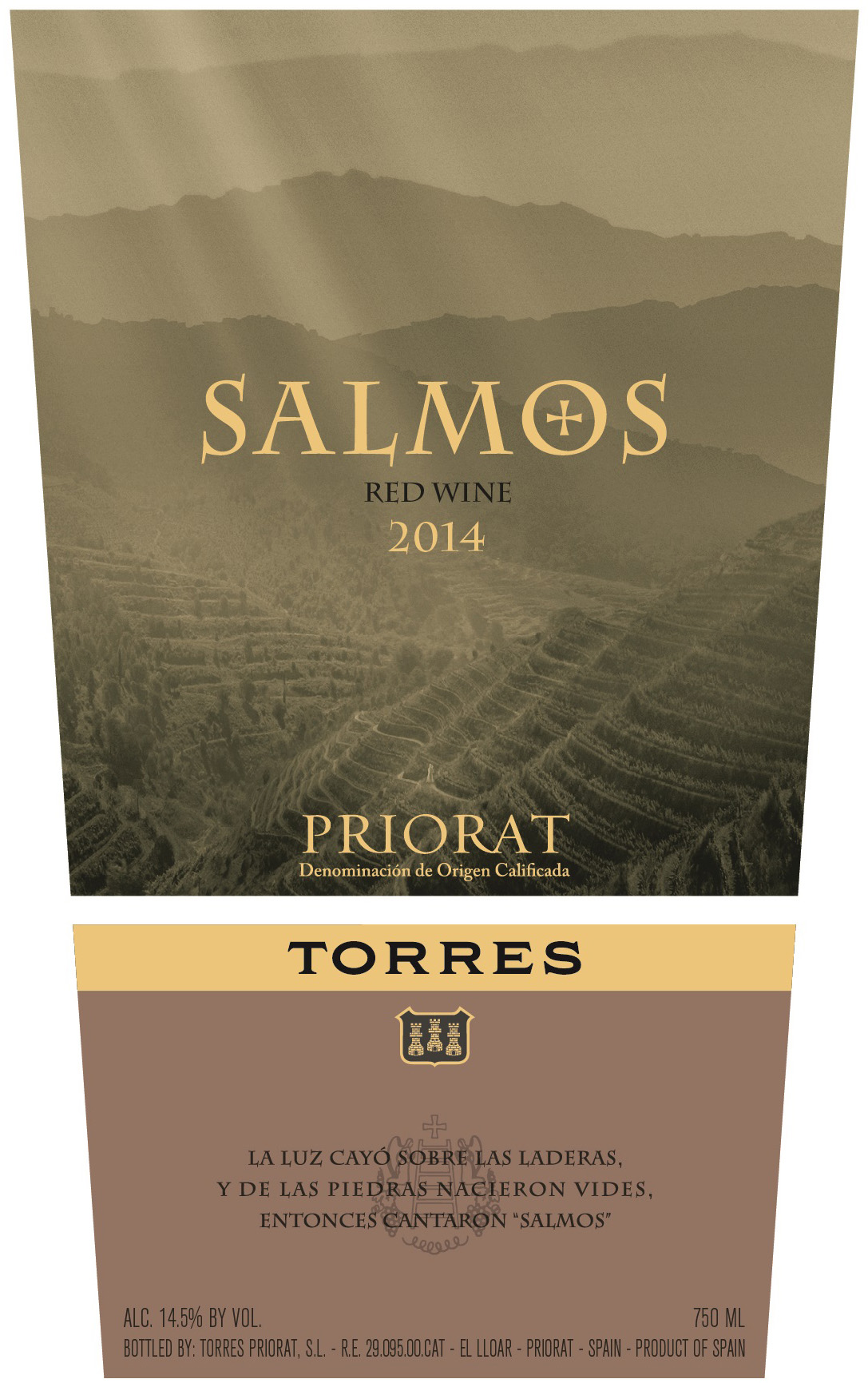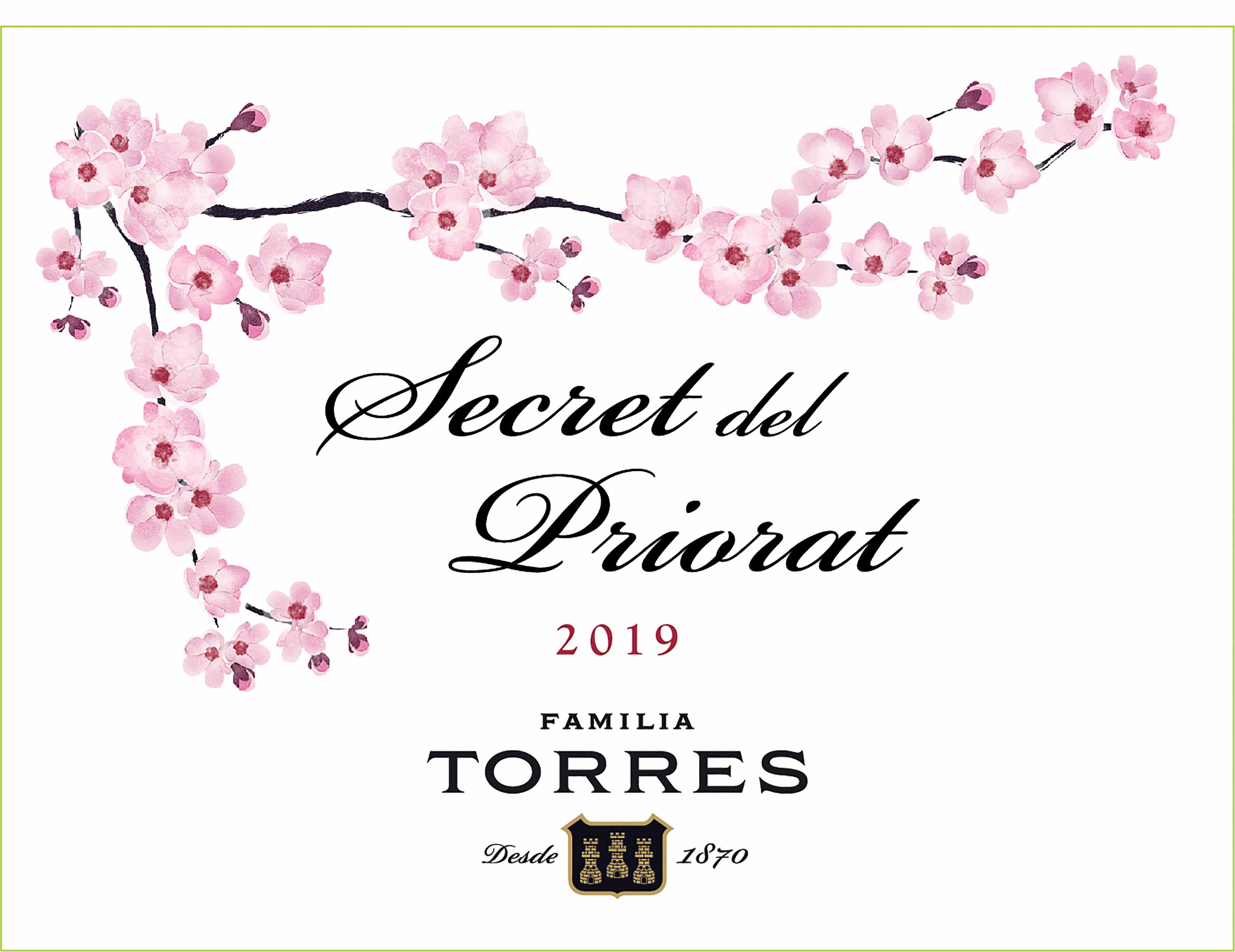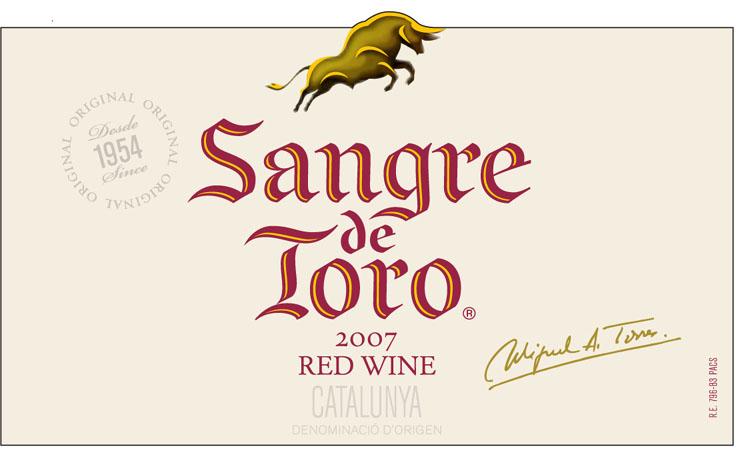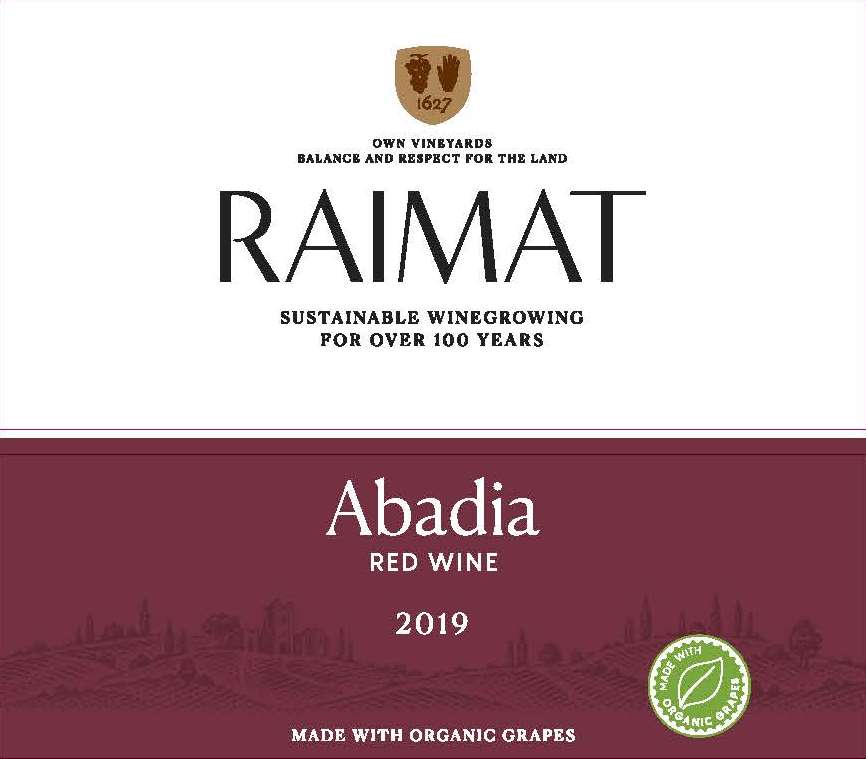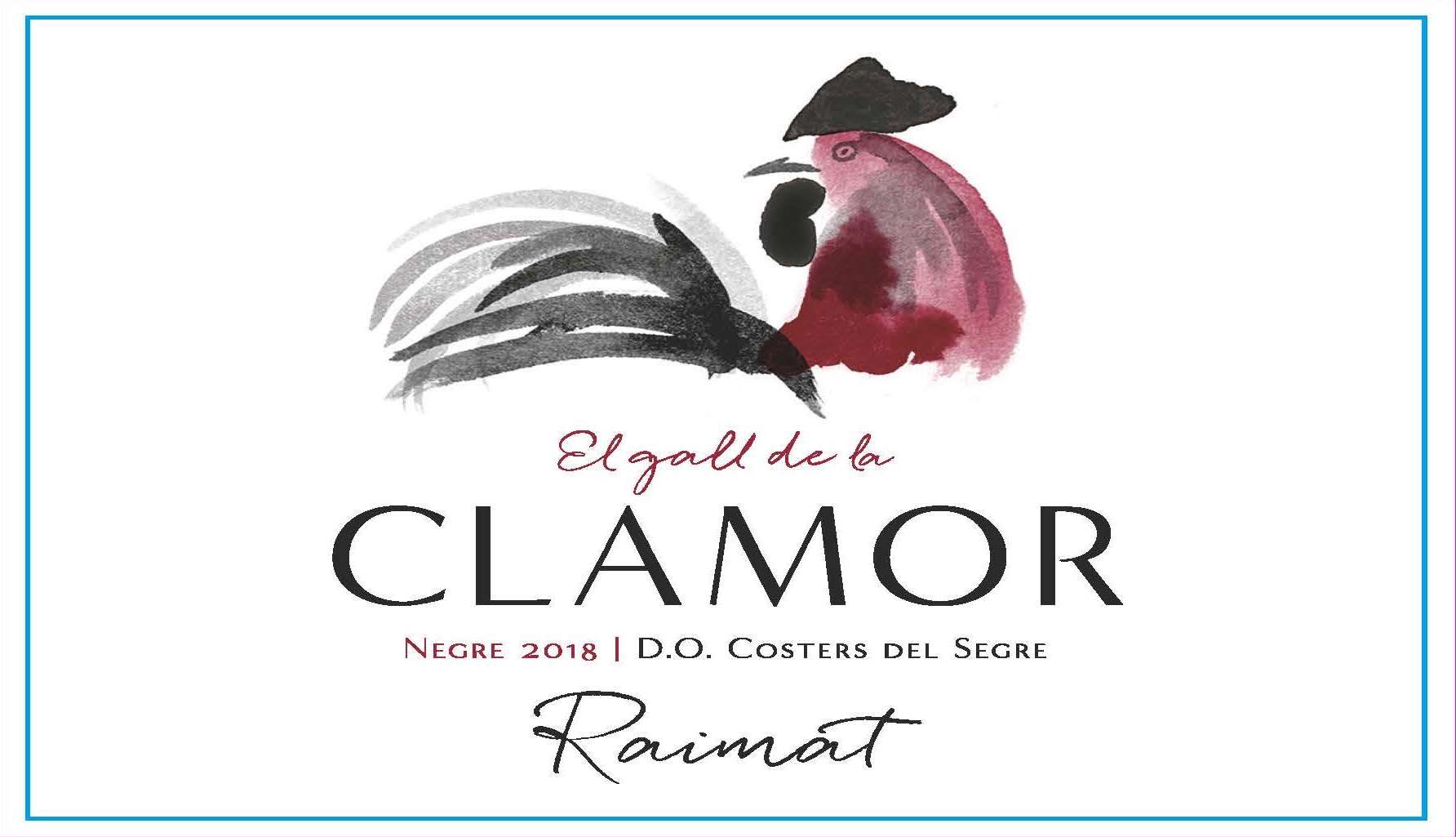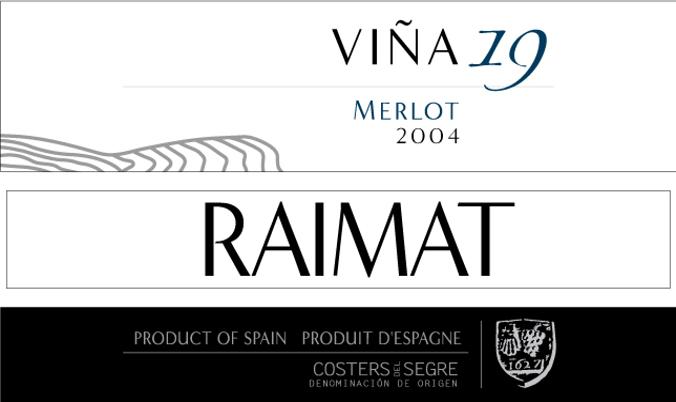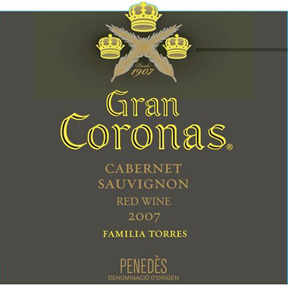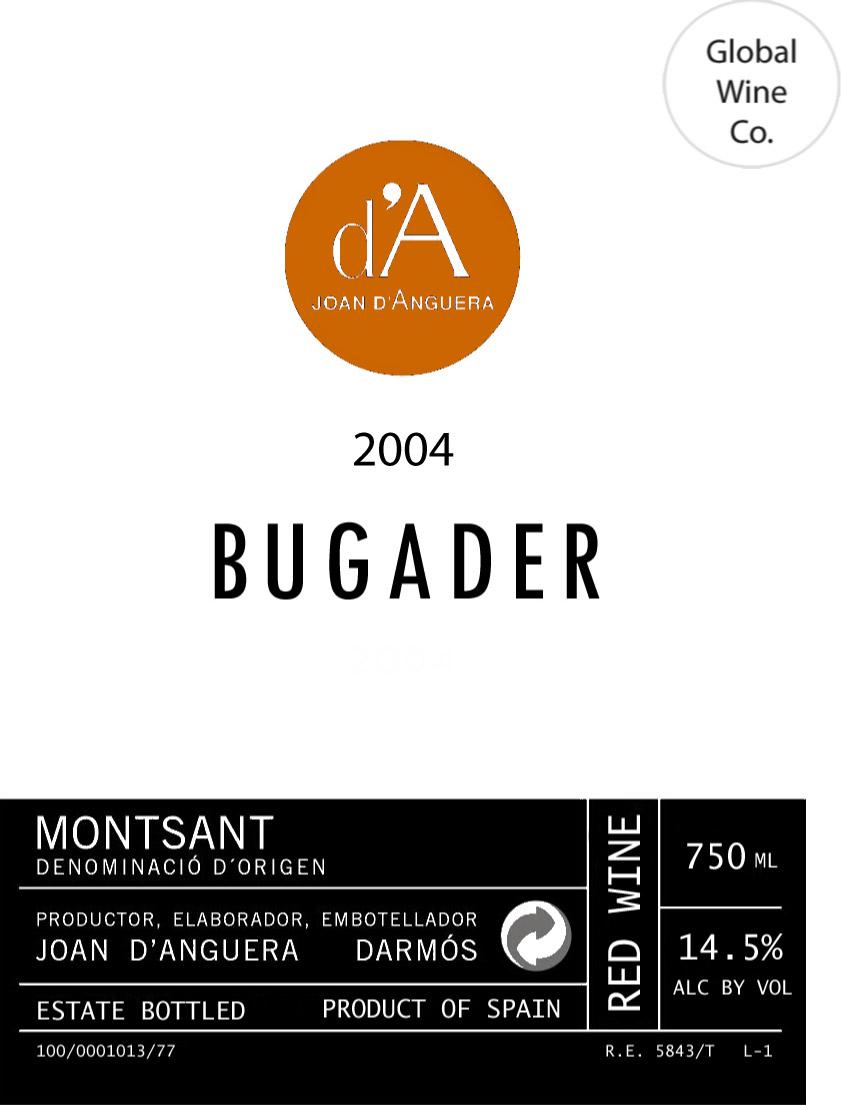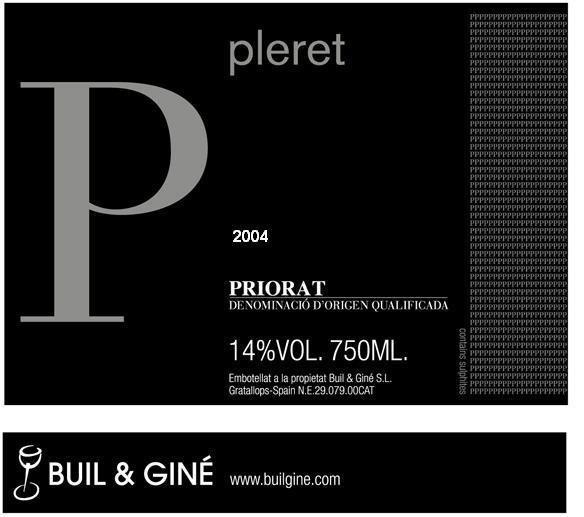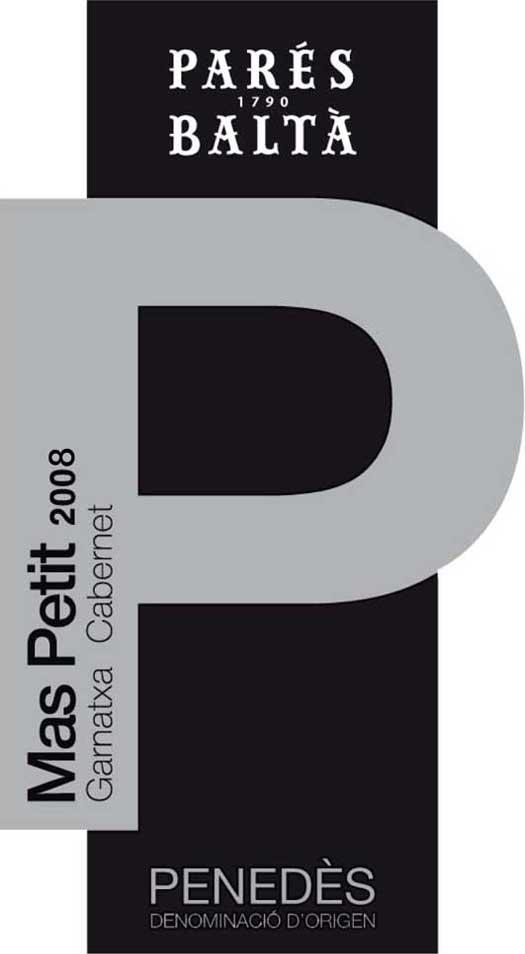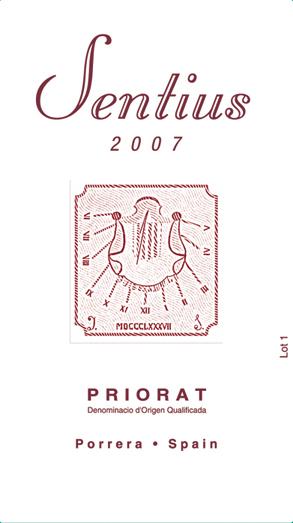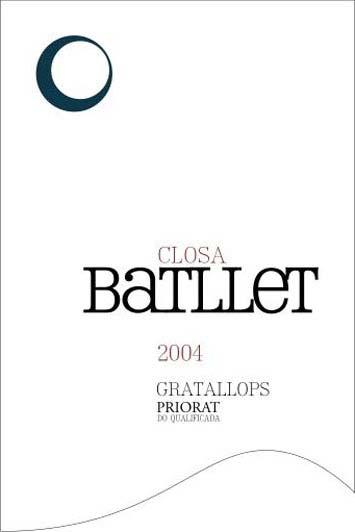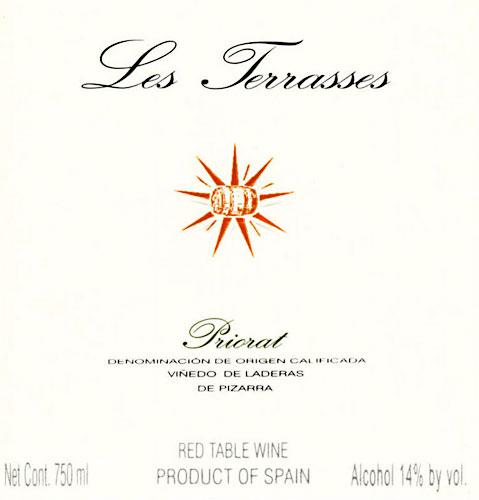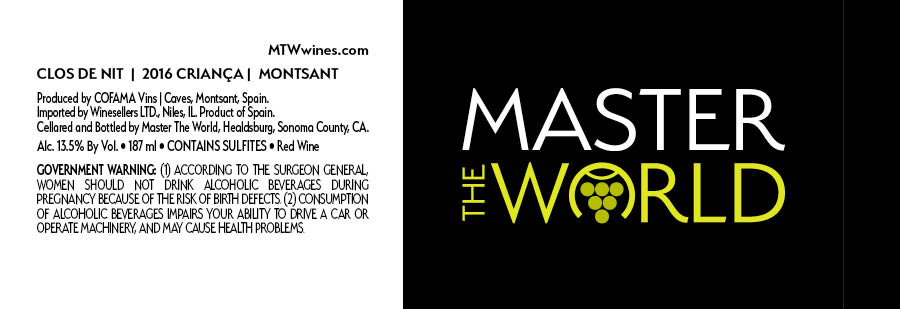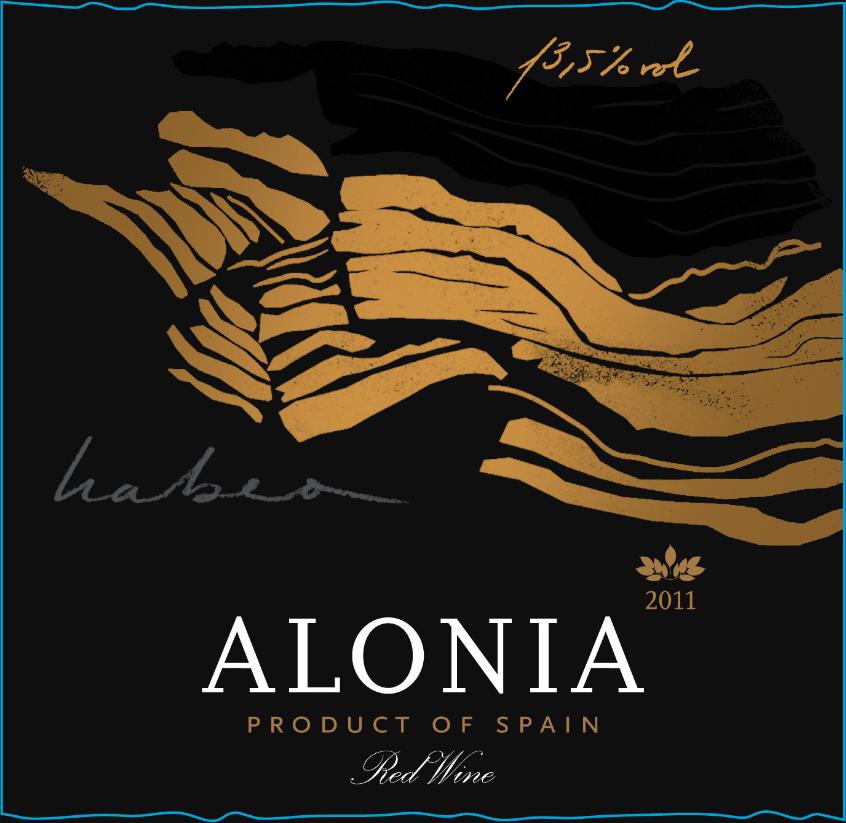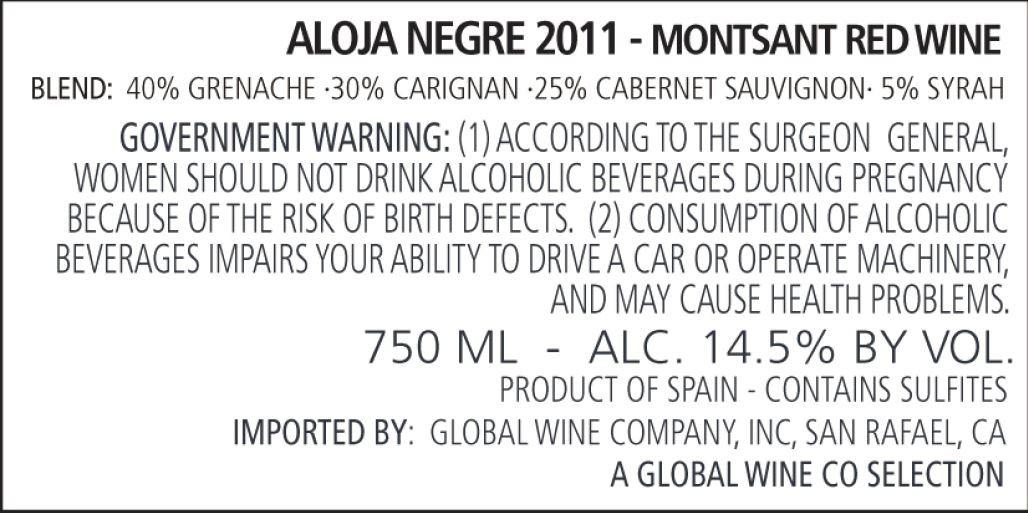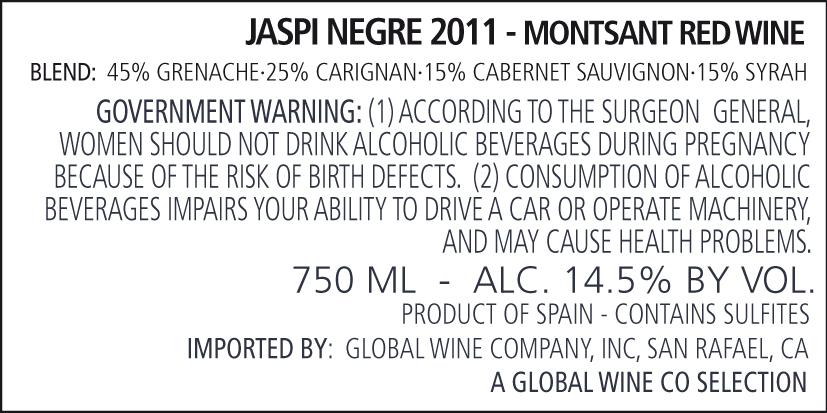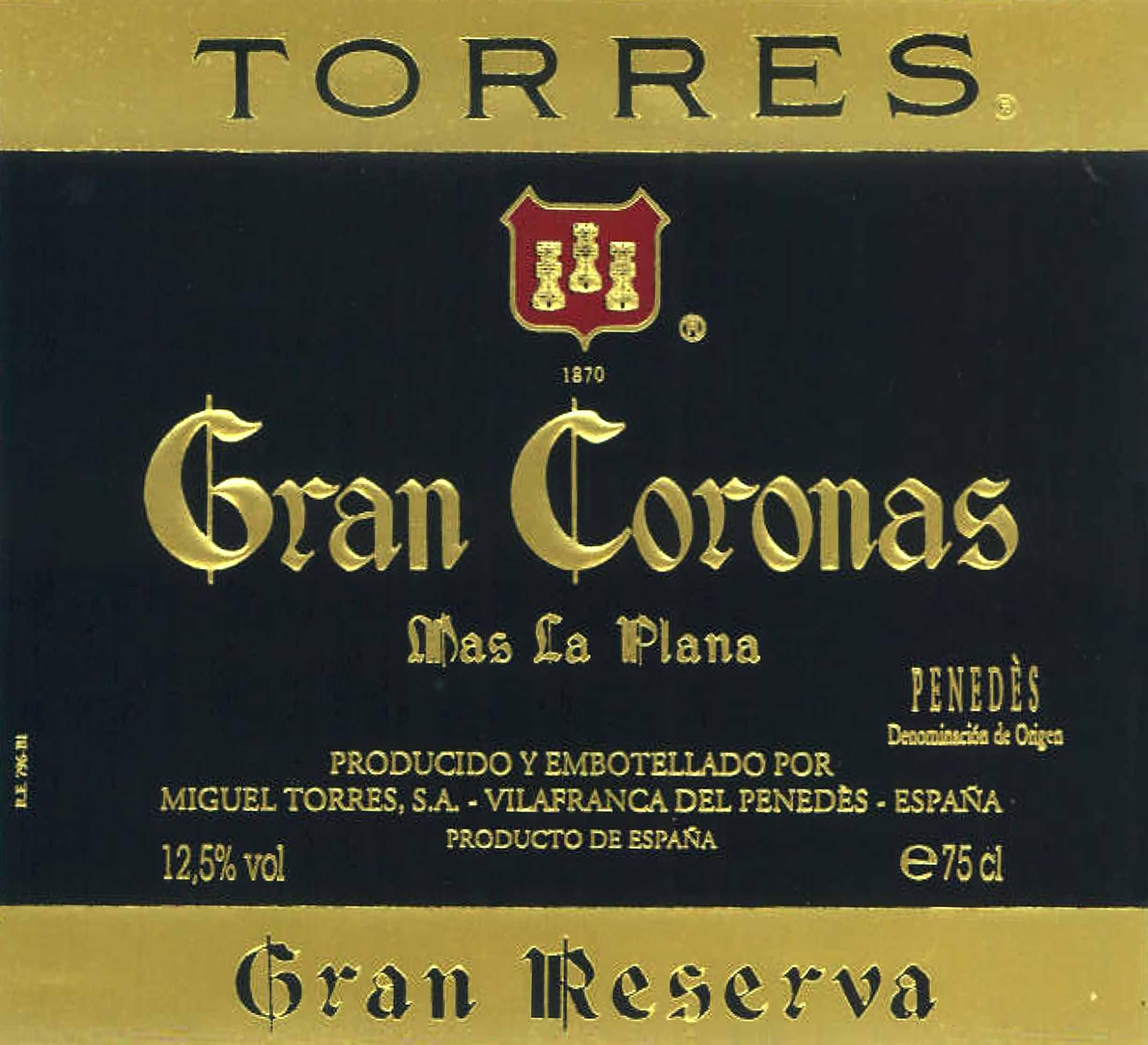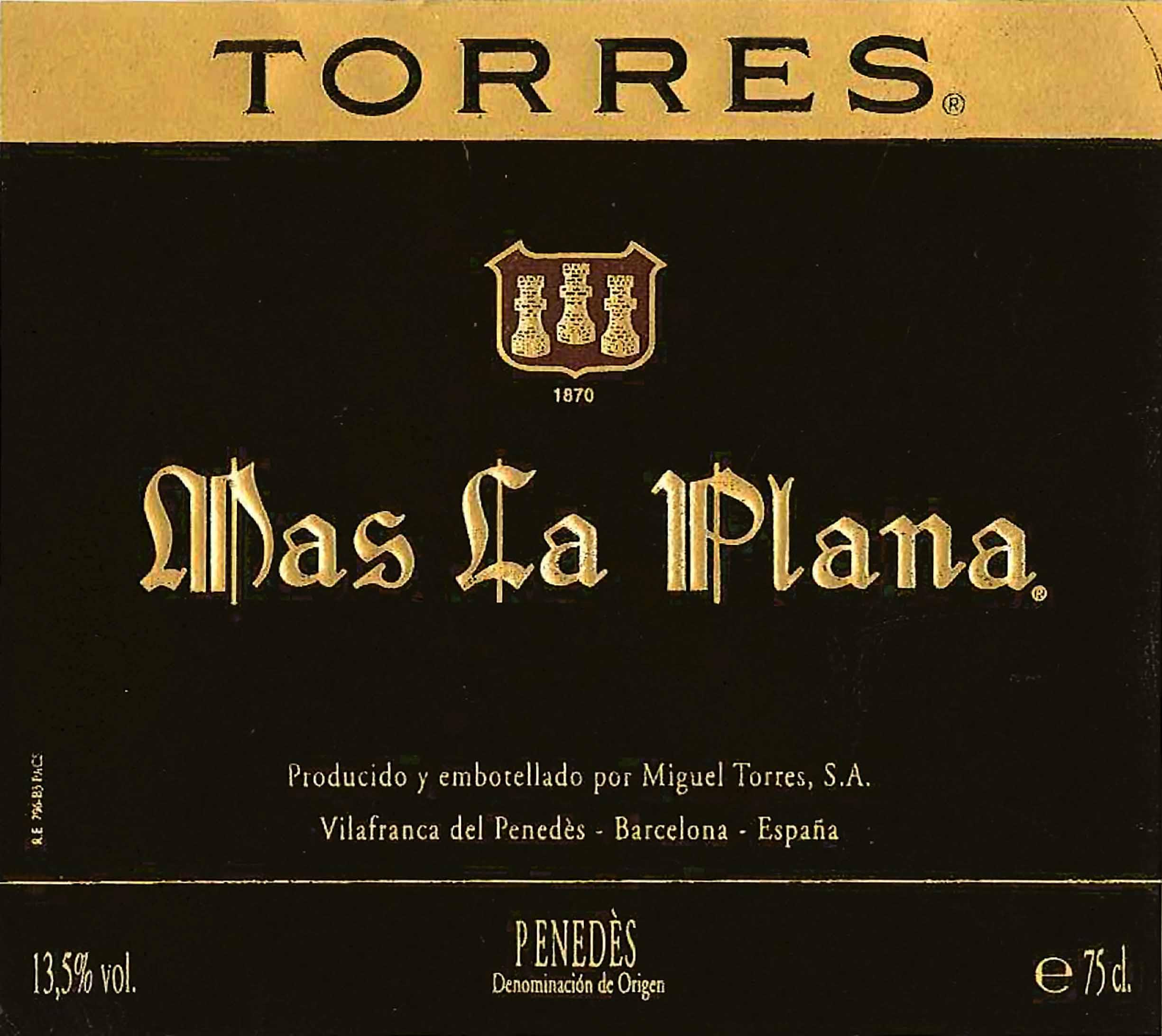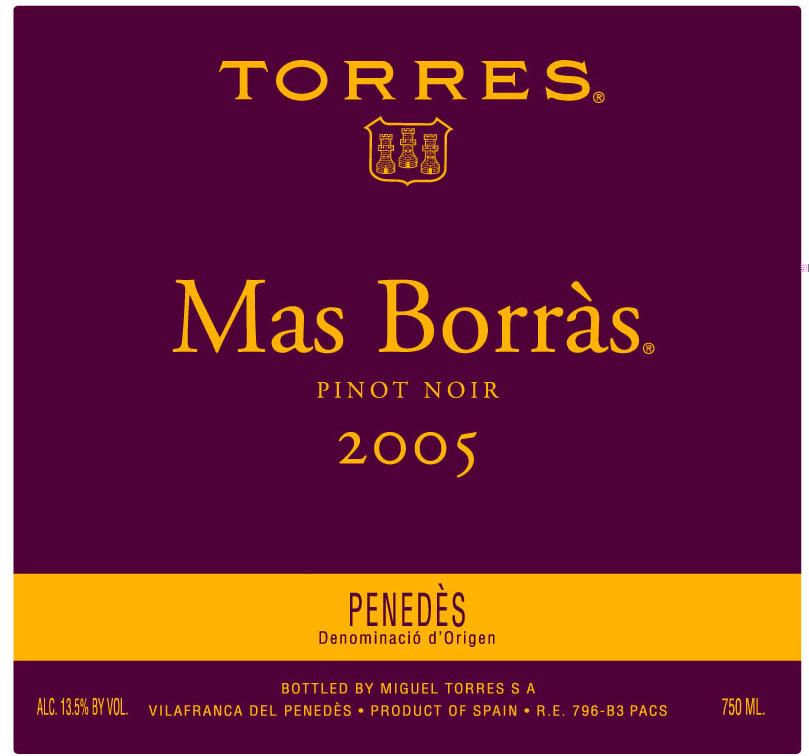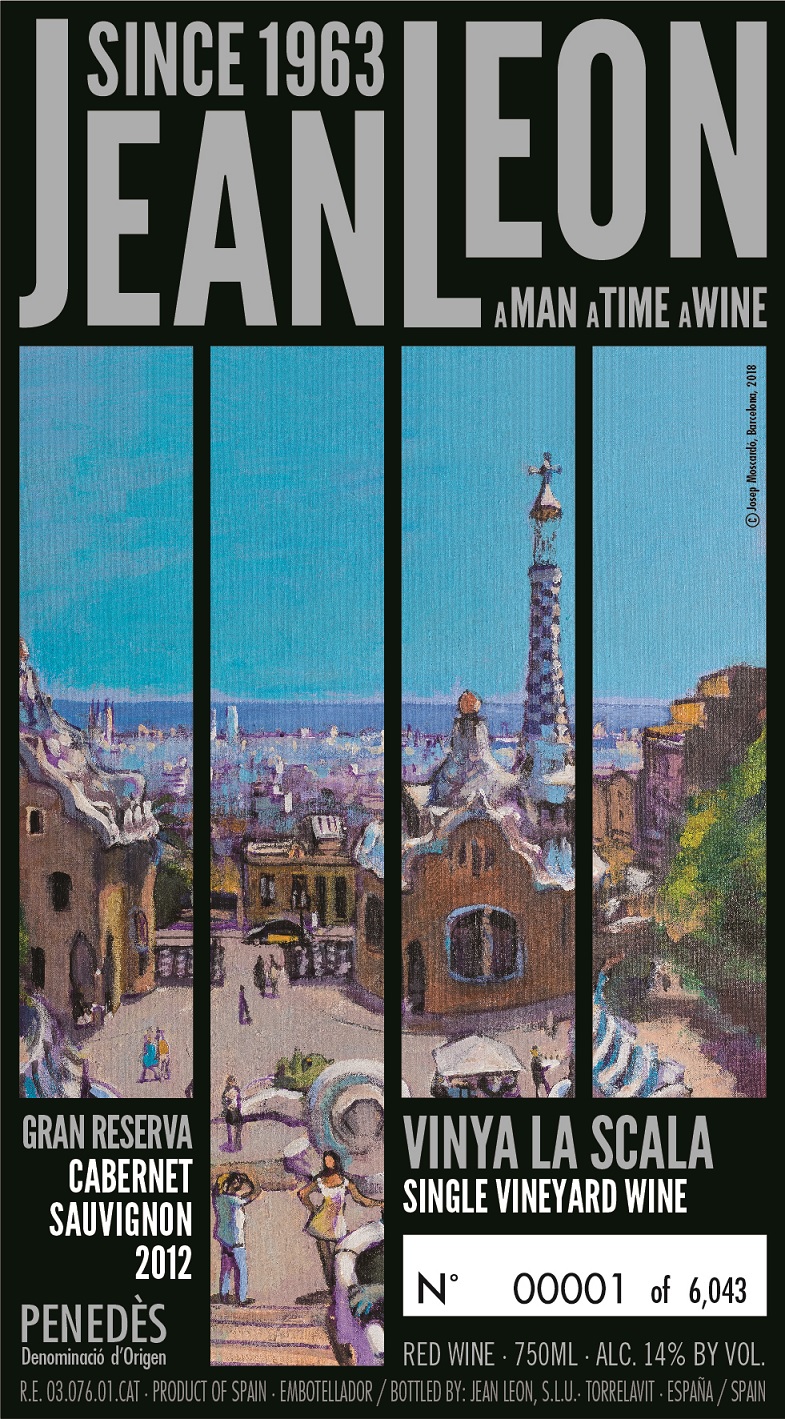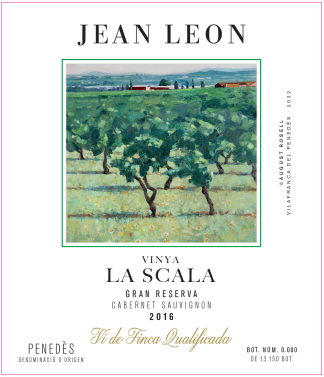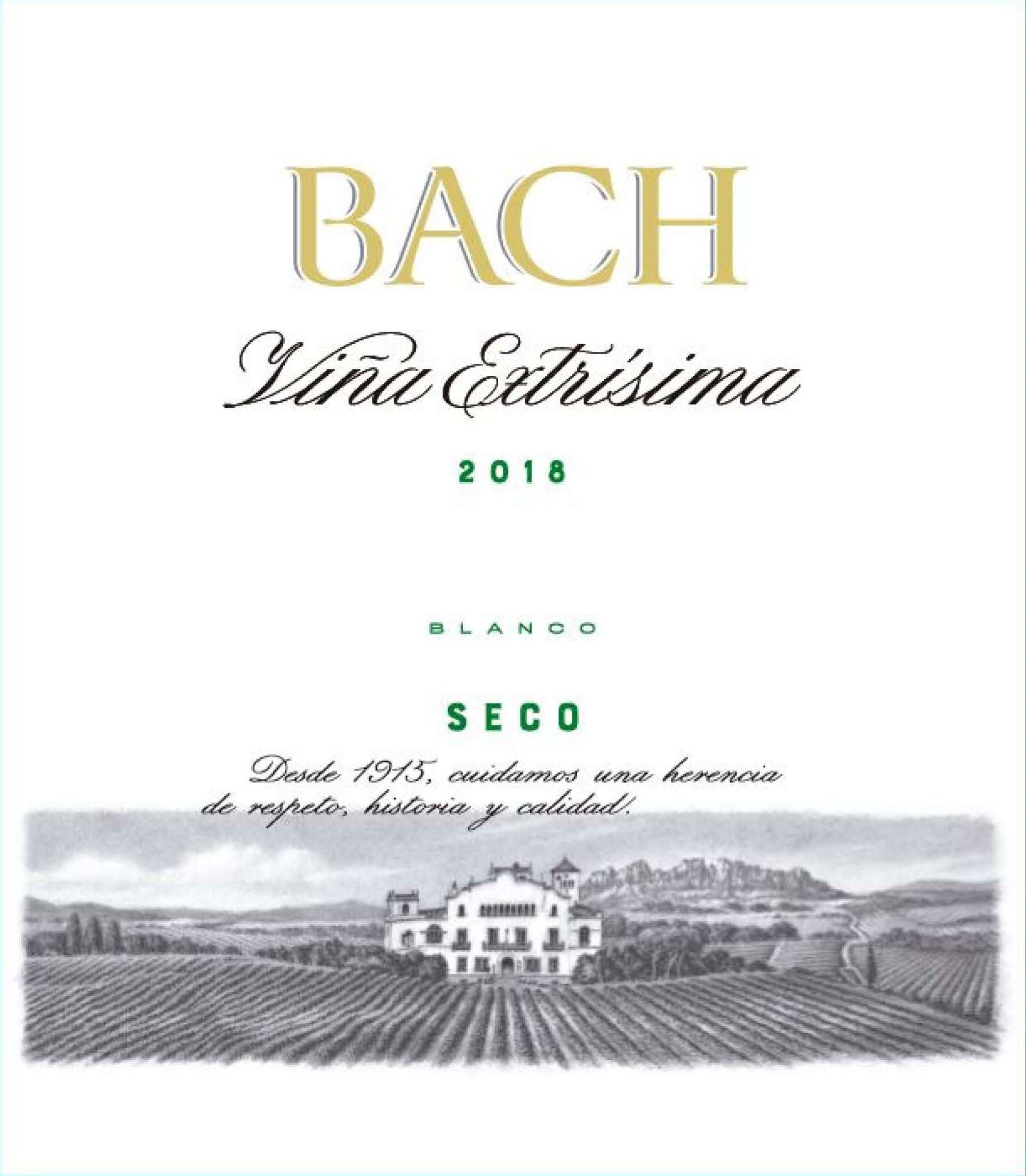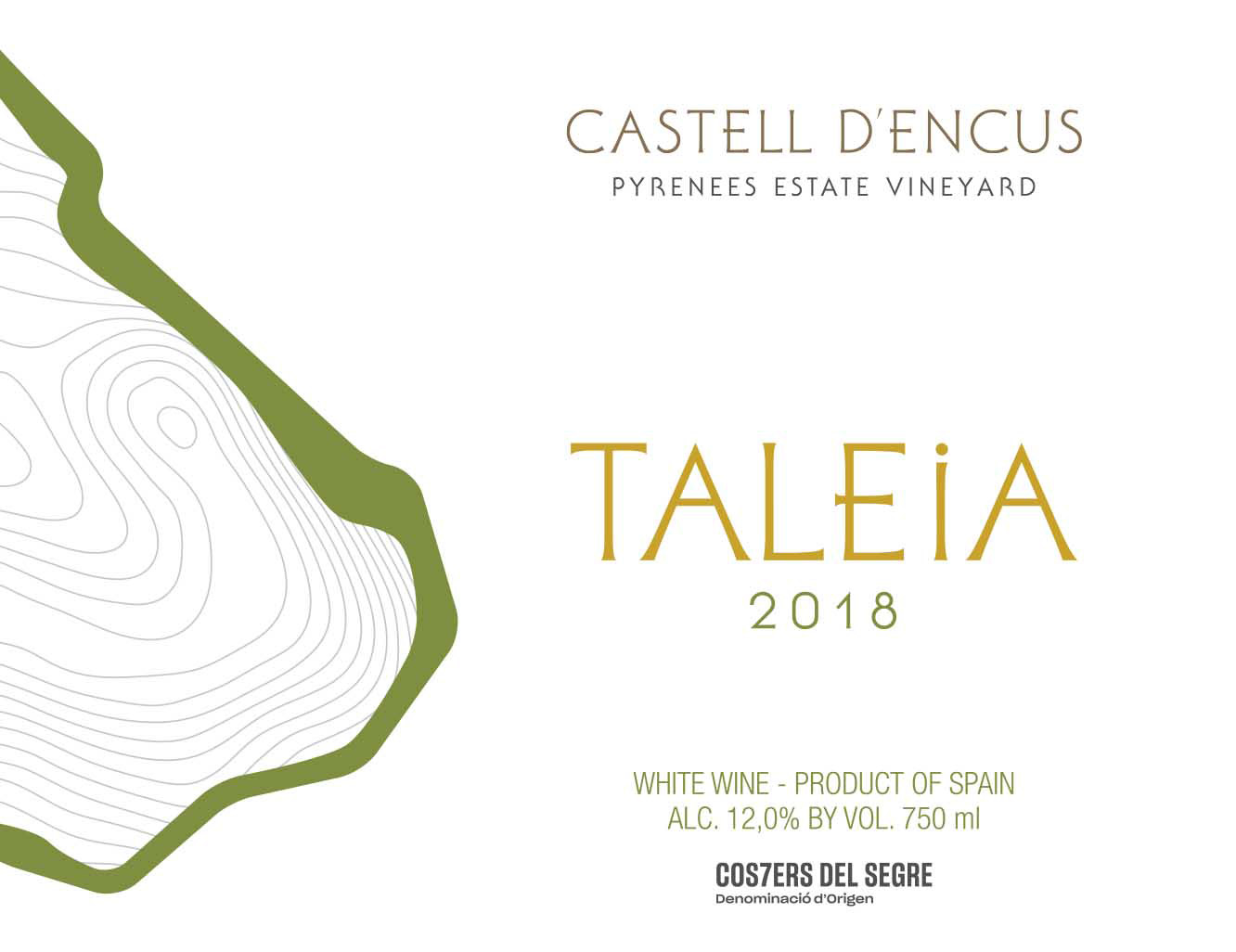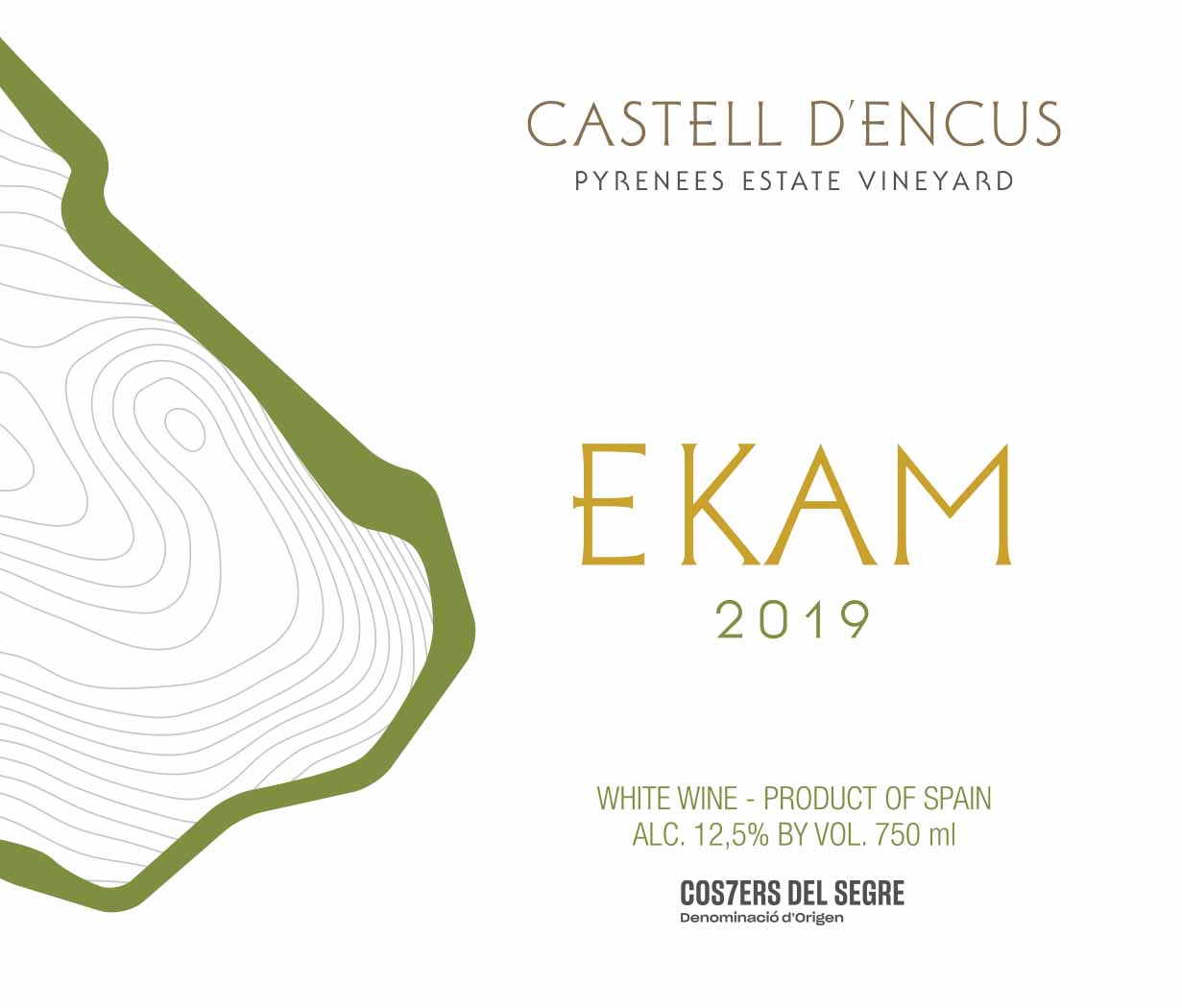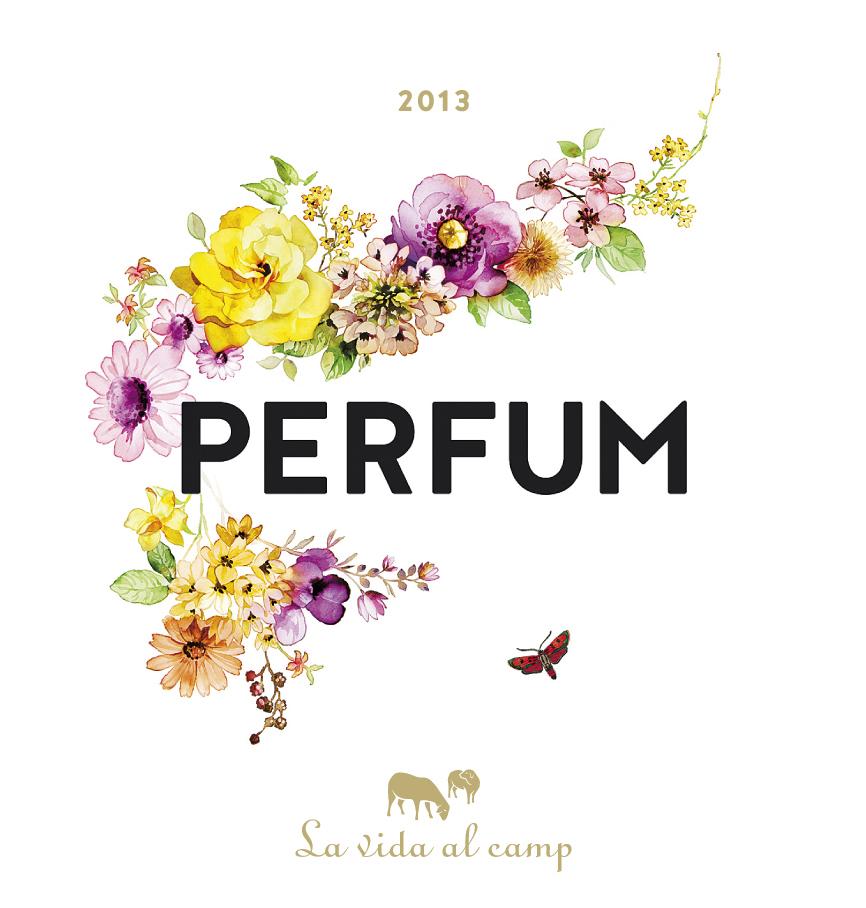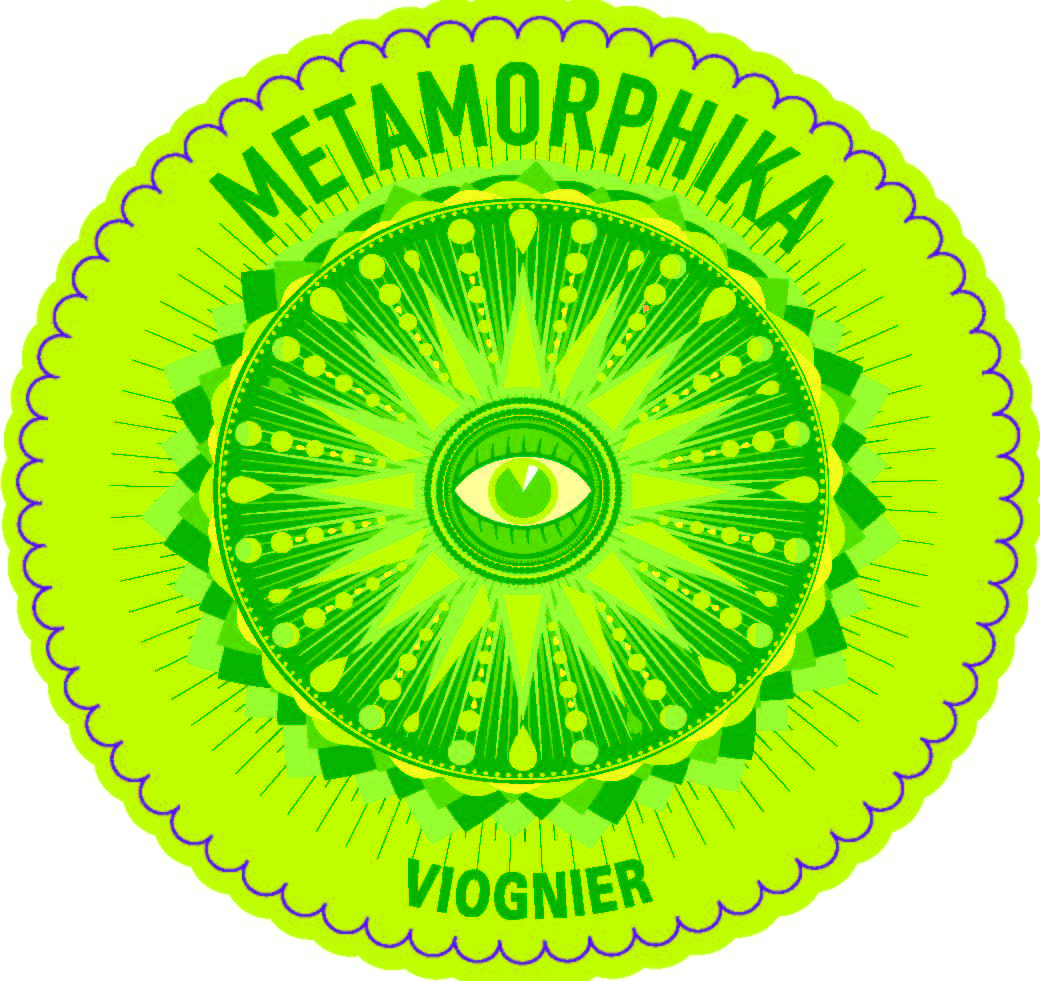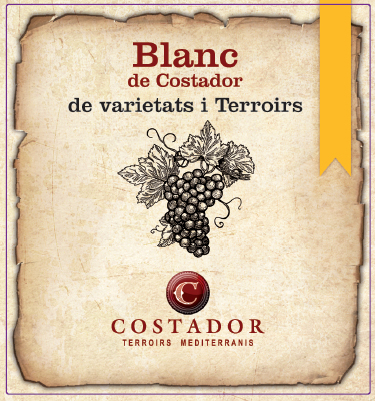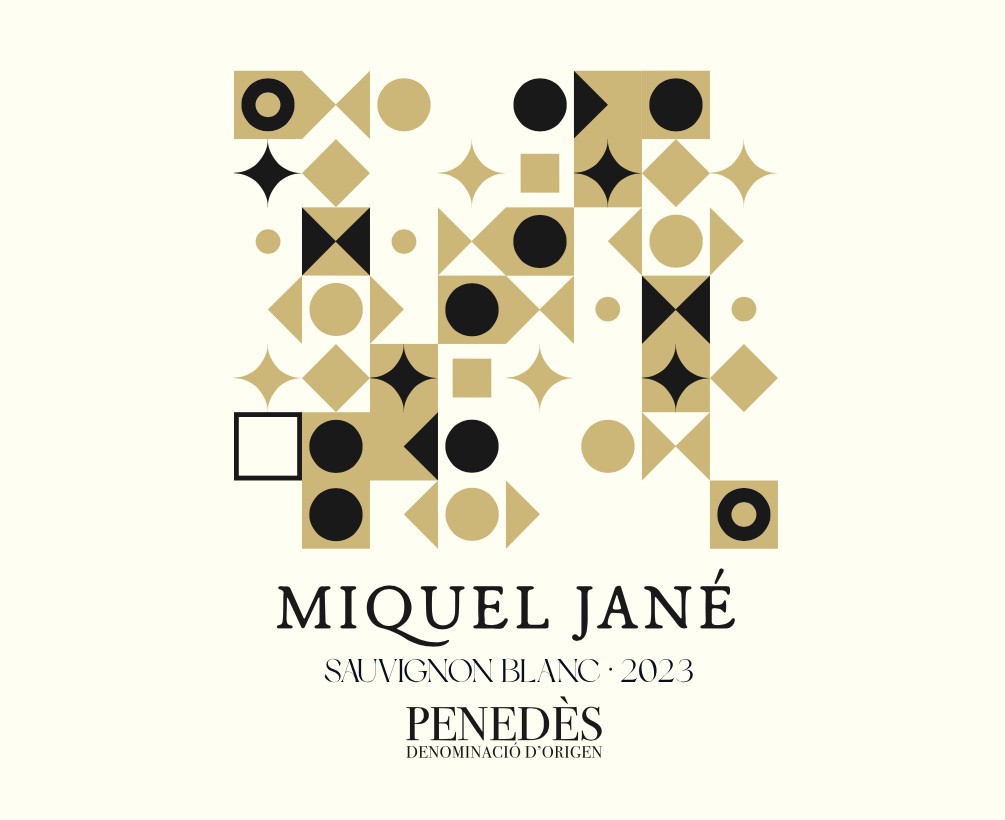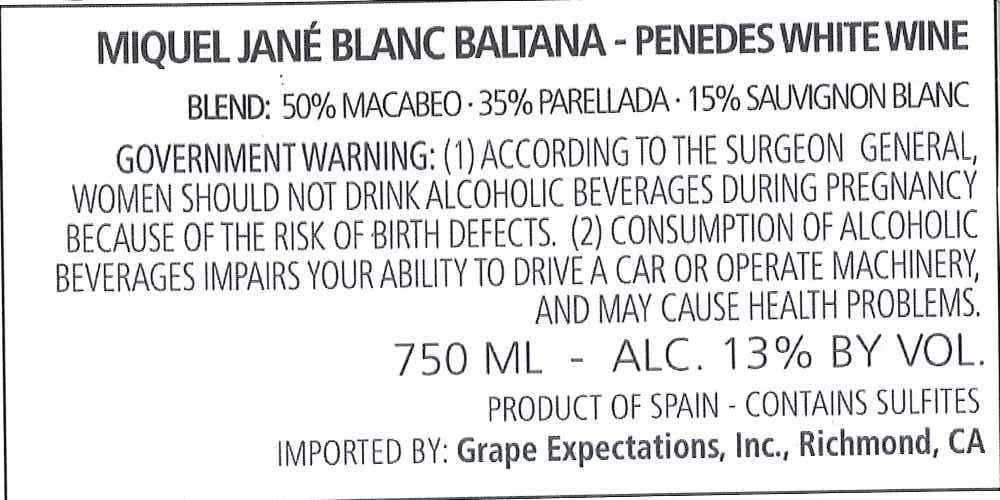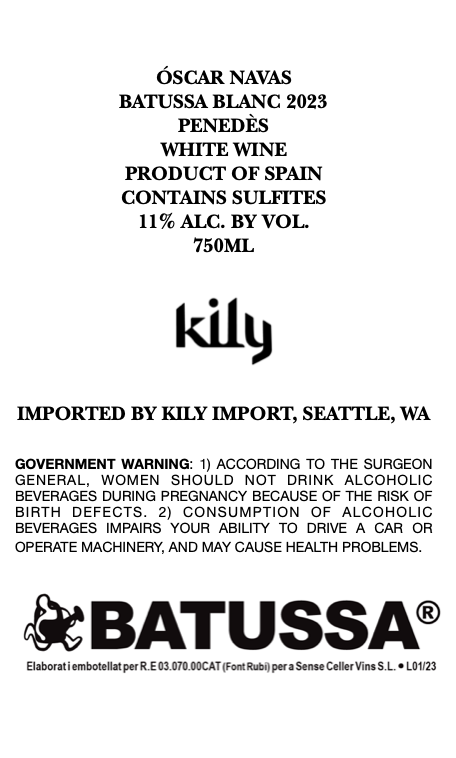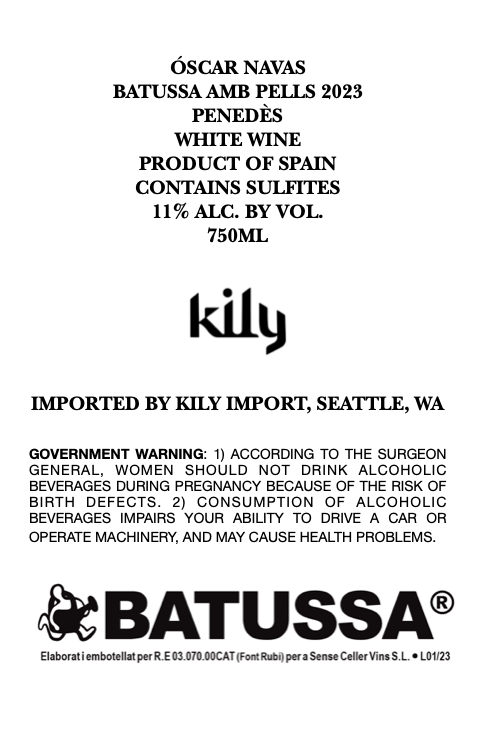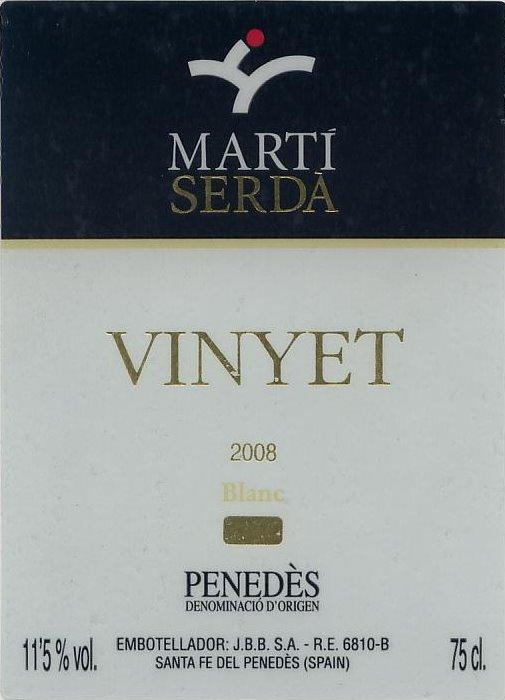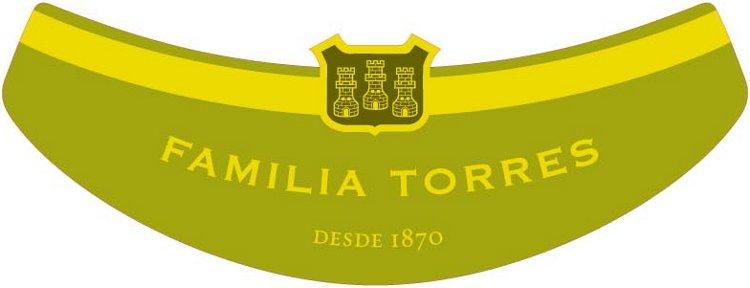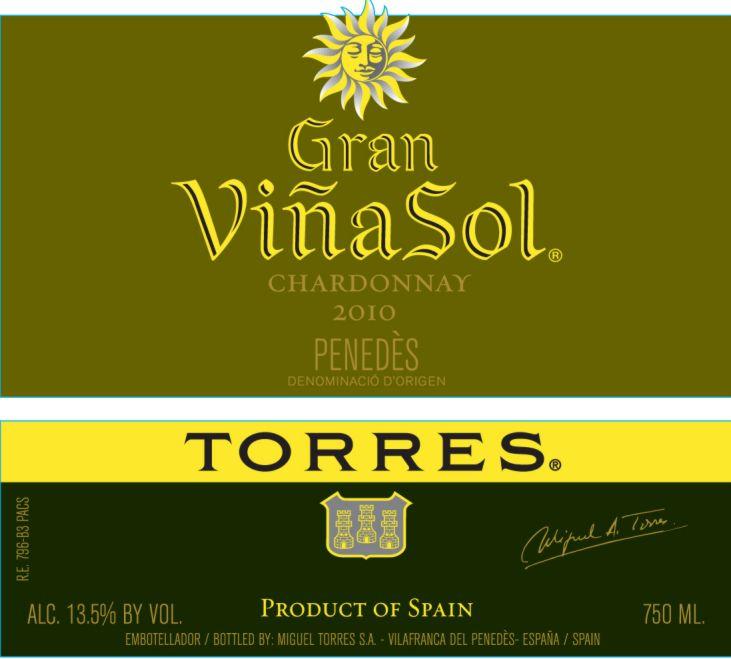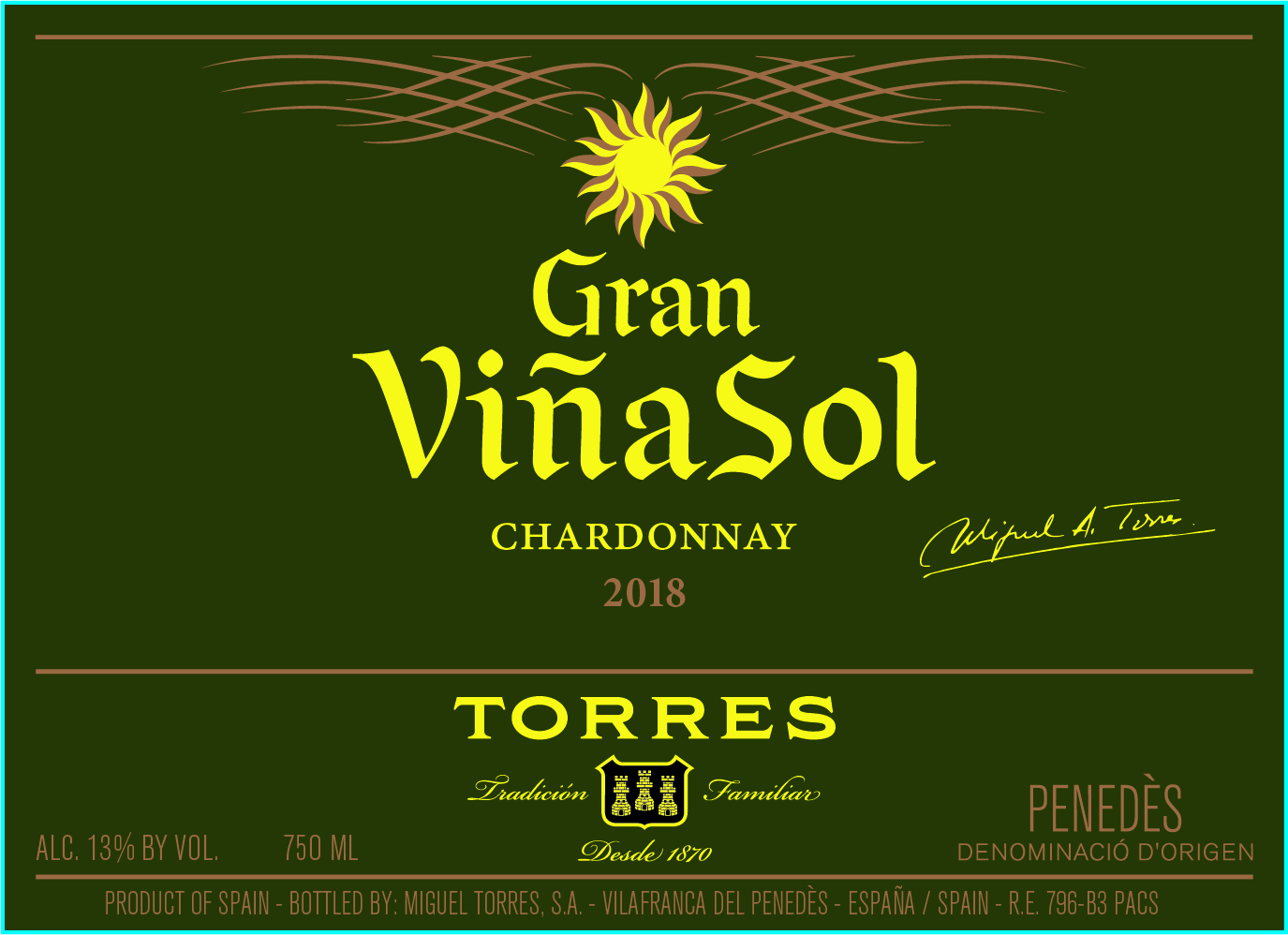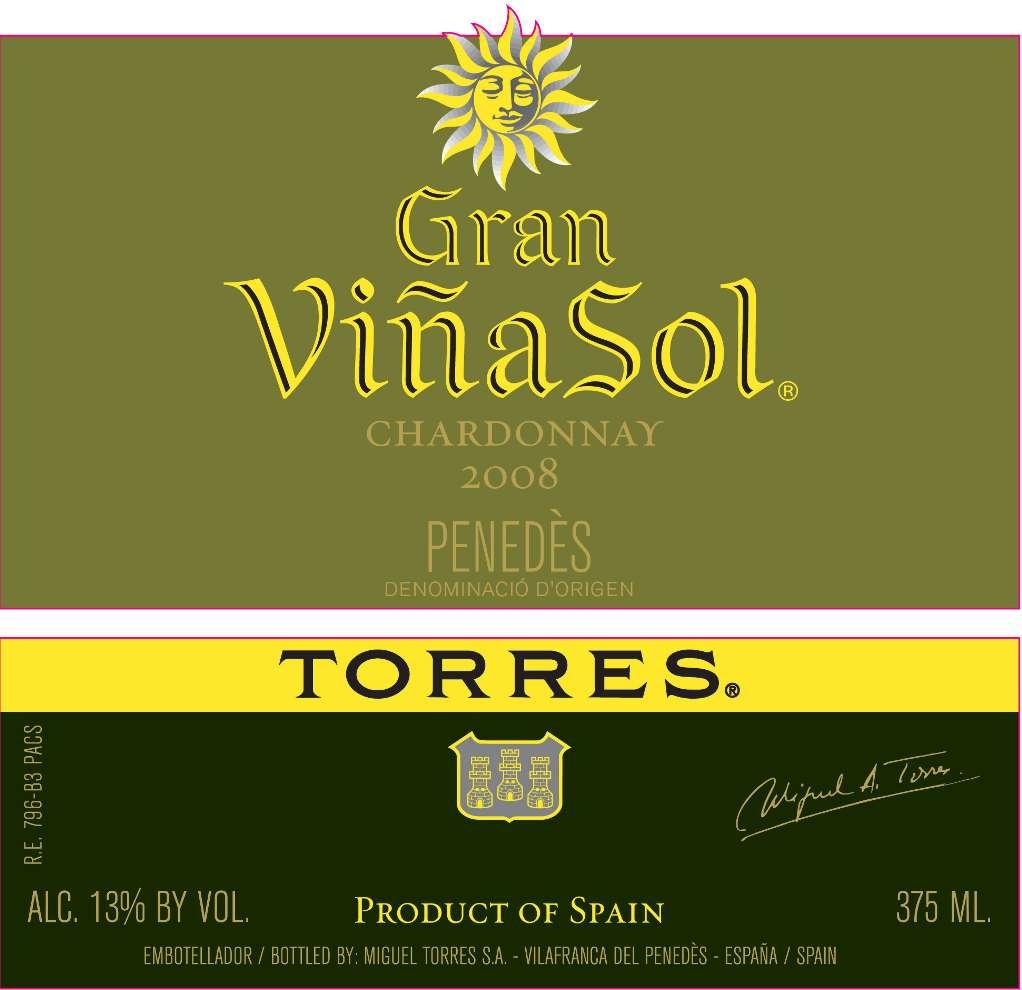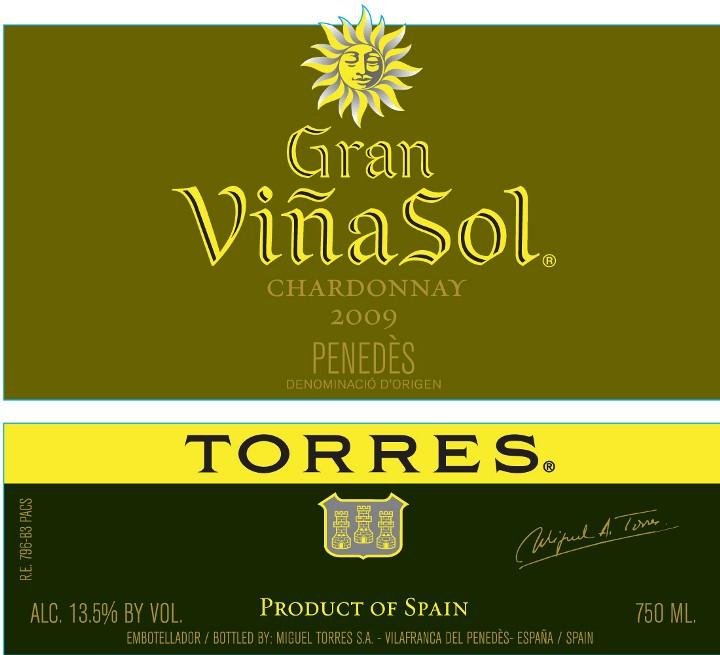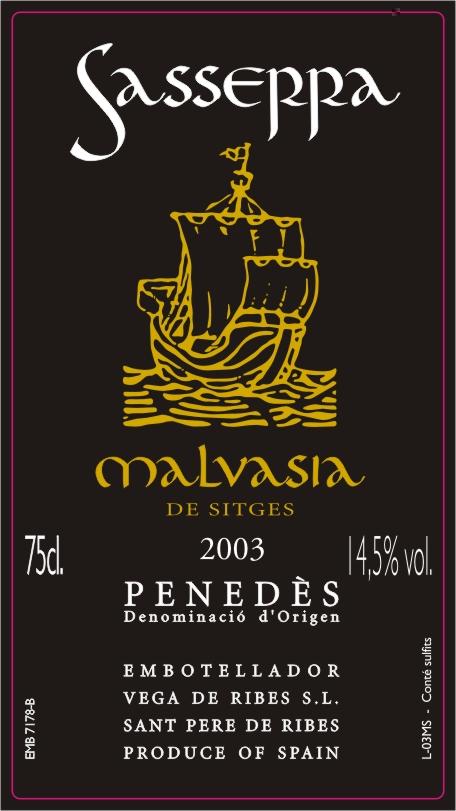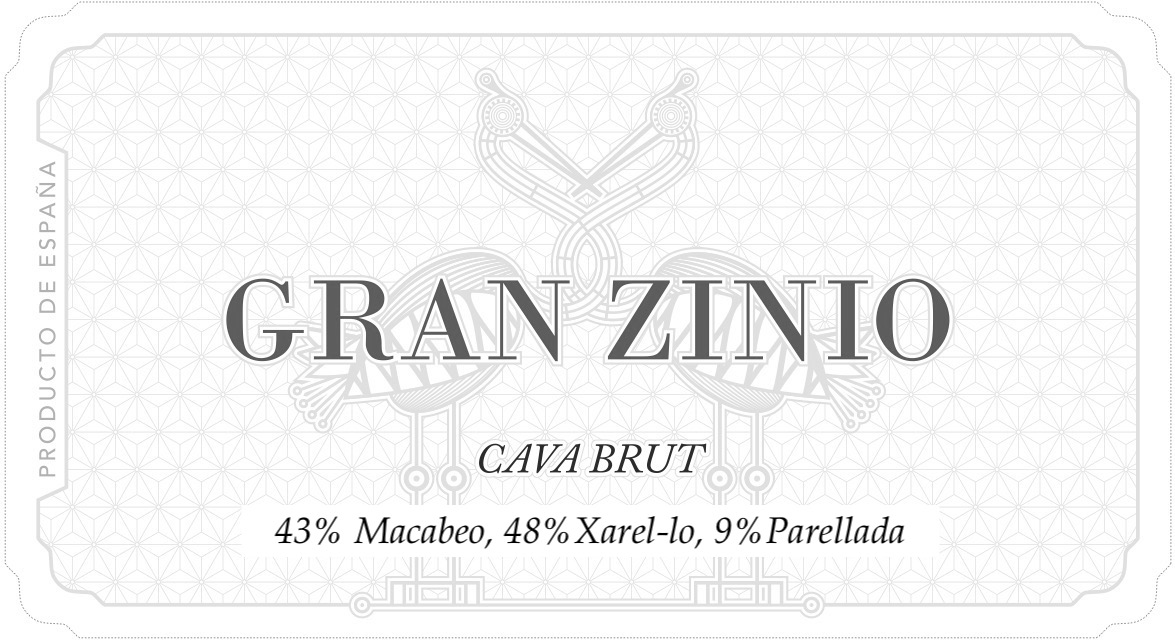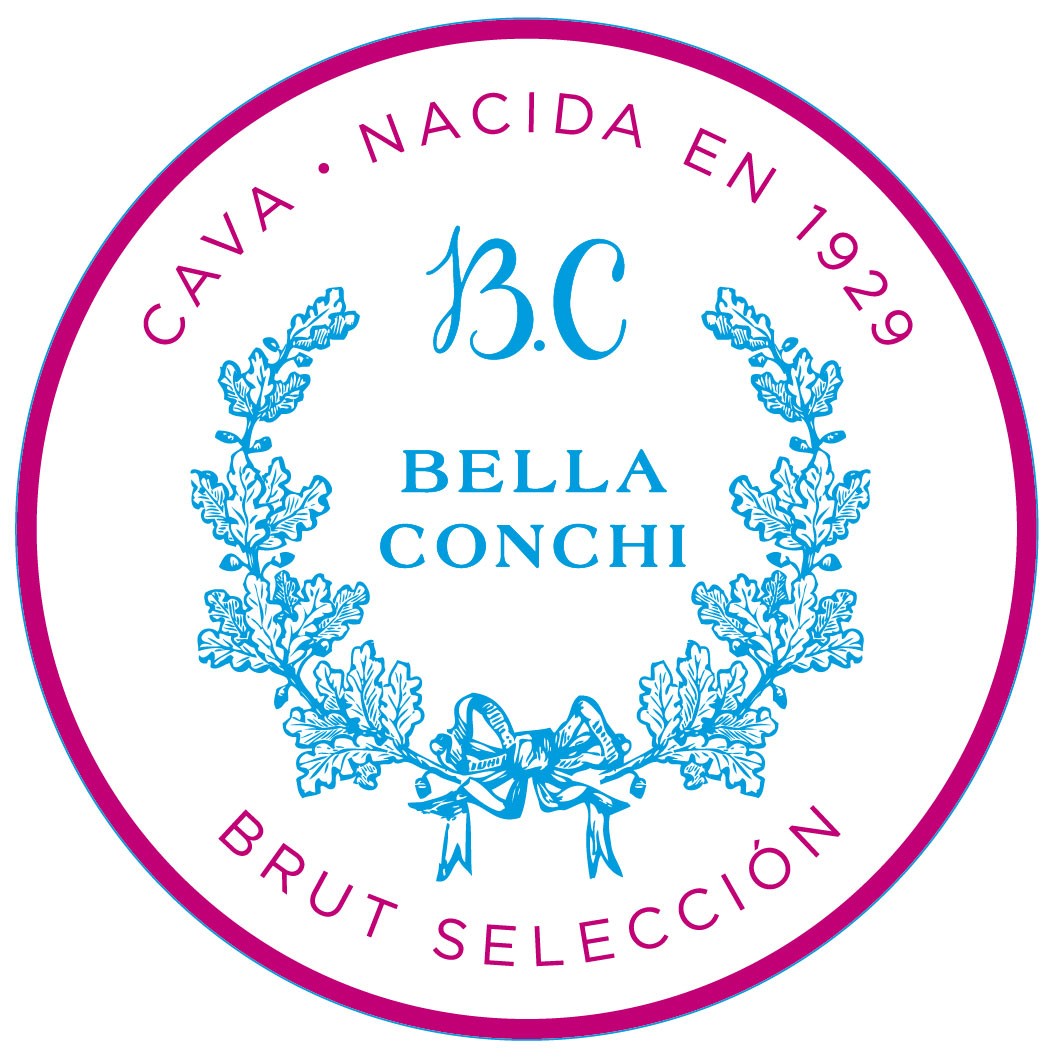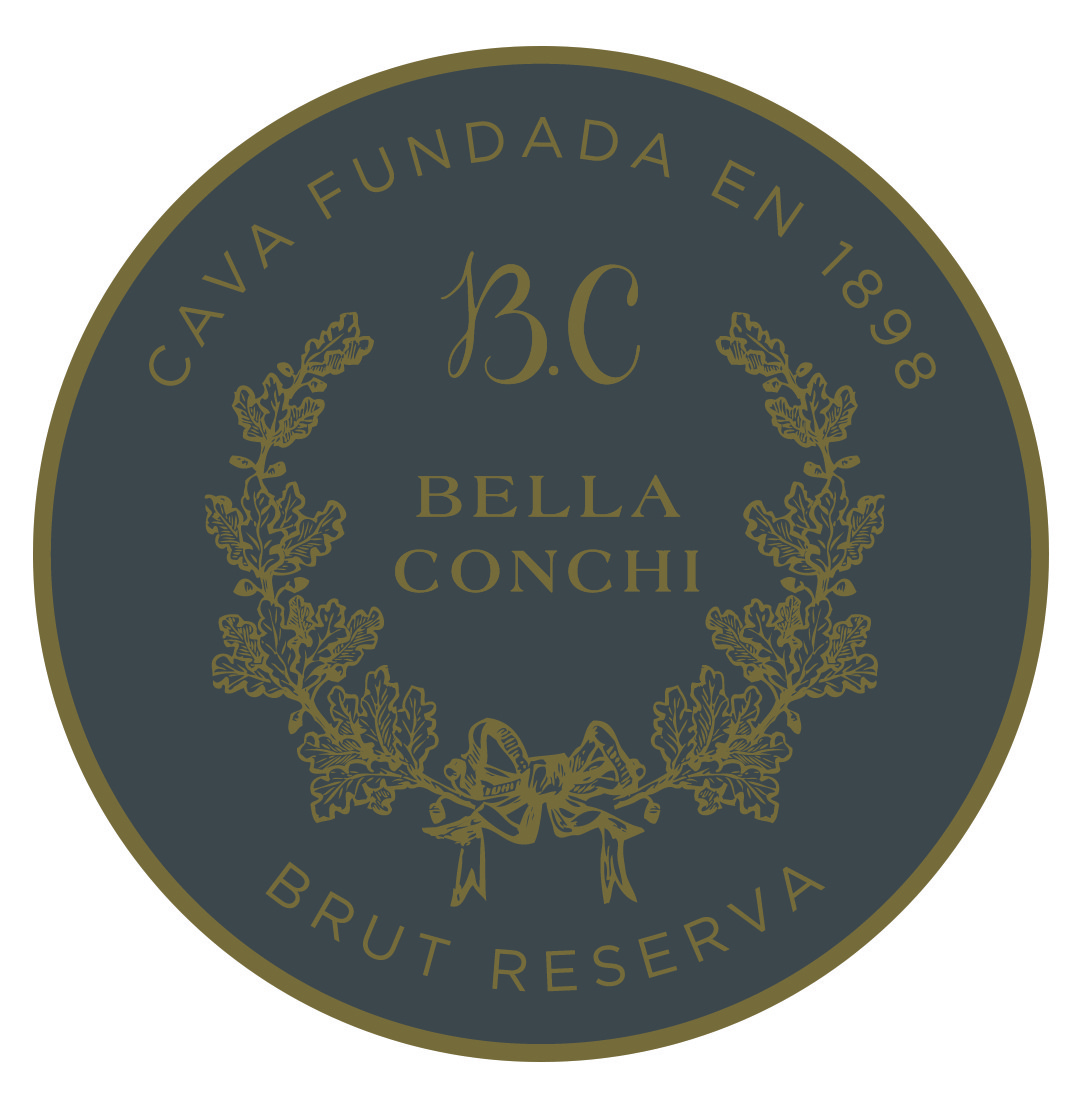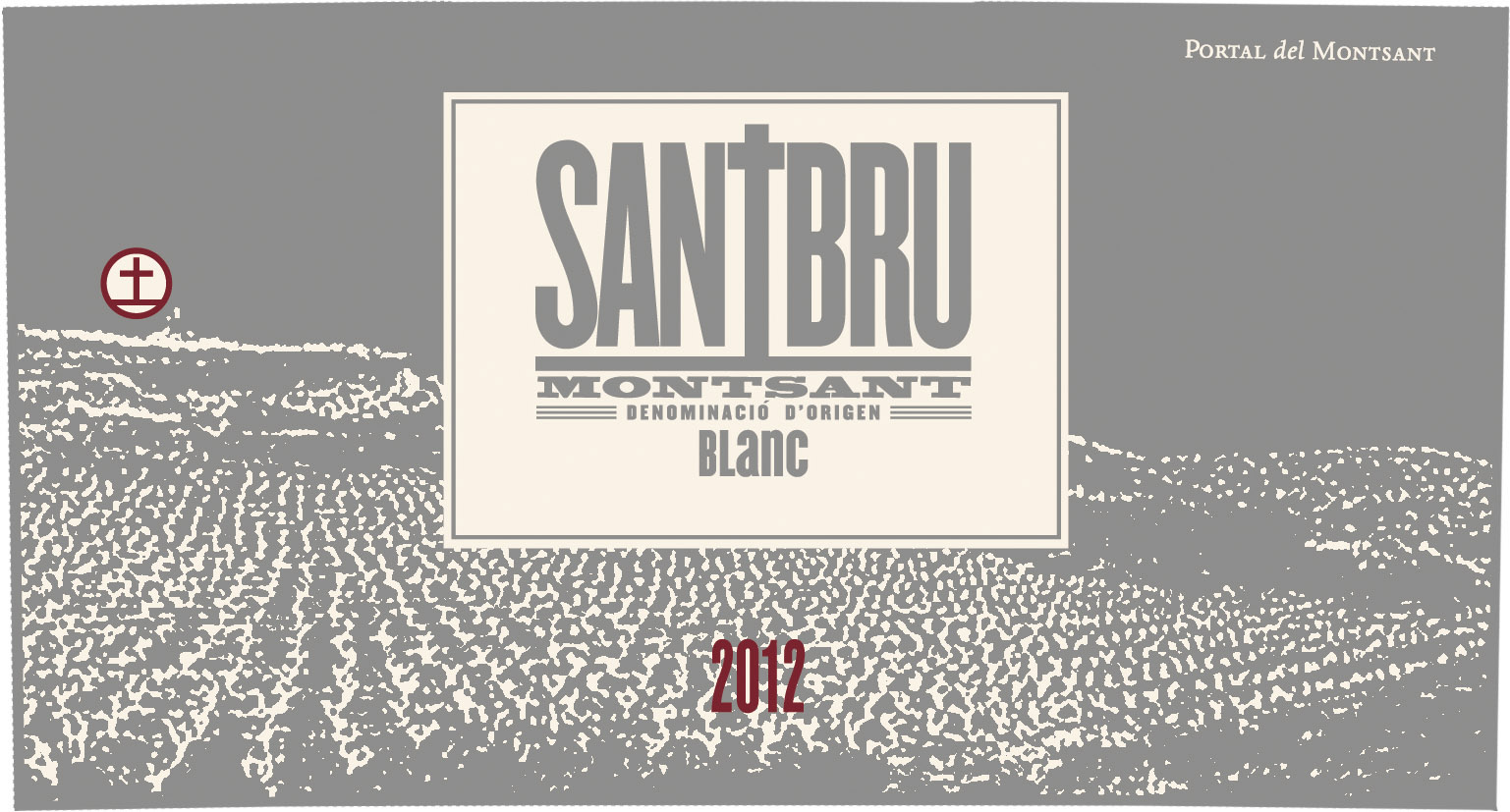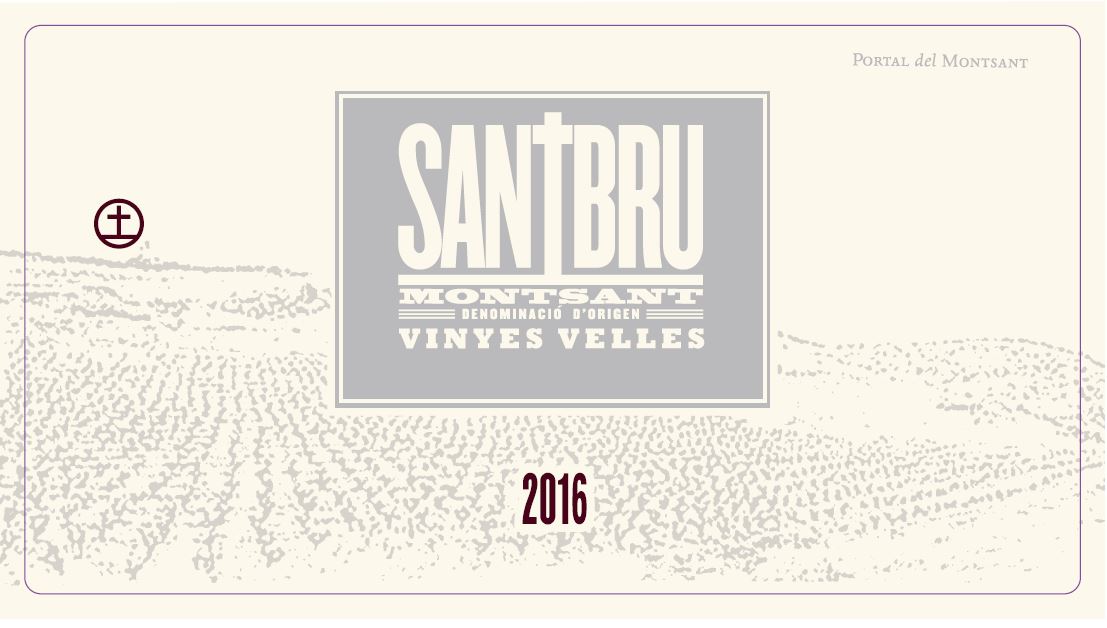Terroir of Catalonia
Catalonia's terroir features diverse climates and terrains, from the coastal Mediterranean to the rugged Pyrenees. This variety gives winemakers a rich set of conditions. Coastal areas benefit from sea breezes that cool hot summers, while inland and higher altitudes experience more temperature swings and cooler nights. These variations affect grape ripening, boosting the acidity essential for Cava and aromatic whites.
The soils in Catalonia are just as varied. Limestone-rich soils add elegance and minerality, while the slate of Priorat intensifies flavors. Coastal Empordà and Alella's unique soils give special textures and aromas. Winds like the Tramontana help reduce disease, and irrigation supports vineyards in dry areas like Costers del Segre. This complex mix of climate, terrain, and soil creates Catalonia's distinct and celebrated wines, offering a perfect blend of tradition and innovation.
Notable Wineries in Catalonia
In the heart of Catalonia, a region steeped in winemaking history, several notable wineries craft exceptional wines that capture the essence of the area. Among these, Familia Torres stands out for its pioneering spirit, introducing French varietals and sustainable practices since 1870. Another iconic name is Codorníu, a cornerstone of Cava production with a legacy dating back to 1551, renowned for its traditional sparkling wines.
In Priorat, Clos Mogador and Finca Dofí/L’Ermita are celebrated for their intense, mineral-rich reds made from ancient vines. Meanwhile, Recaredo and Gramona elevate the Cava experience with their meticulous biodynamic practices and long-aged wines. These wineries, along with others like Parés Baltà and Castell de Perelada, highlight Catalonia's dynamic wine landscape, where innovation meets tradition in every bottle.
Sustainable Winemaking in Catalonia
Catalonia stands as a beacon of sustainability in winemaking, with a focus on organic and biodynamic practices. The region's dry climate aids this eco-friendly shift, facilitating organic farming and reducing the need for synthetic chemicals. Many vineyards use cover crops and prioritize indigenous grape varieties like Garnacha, which thrive in local conditions, offering a sustainable alternative to imported grapes.
Efforts extend beyond vineyards, with wineries adopting green technologies such as solar panels, geothermal energy, and water recycling. Lightweight packaging and carbon reduction initiatives further enhance sustainability. Catalonia is also pioneering regenerative viticulture, emphasizing soil health and biodiversity. This blend of traditional wisdom and modern innovation ensures that Catalonia not only maintains its rich winemaking heritage but also protects its environment for future generations.
Wine Tourism in Catalonia
Catalonia offers an enriching wine tourism experience, ideal for exploring both its rich cultural heritage and diverse wines. Easily accessible from Barcelona, regions like Penedès and Empordà provide a mix of traditional and modern wine adventures. In Penedès, visitors can explore the historic Cava cellars of Codorníu and Freixenet, or take part in the vibrant CavaTast festival. Empordà combines stunning coastal views with robust reds and fresh seafood pairings.
Adventurers can explore Priorat and Montsant, renowned for their "heroic viticulture" on steep slate terraces. Wine festivals and events abound, offering insights into Catalonia’s dynamic wine scene. Wineries embrace sustainability and innovation, often hosting tours that showcase these efforts. Whether enjoying a vineyard picnic or dining at a Michelin-star restaurant, Catalonia’s blend of tradition, cuisine, and natural beauty creates unforgettable wine tourism experiences.



